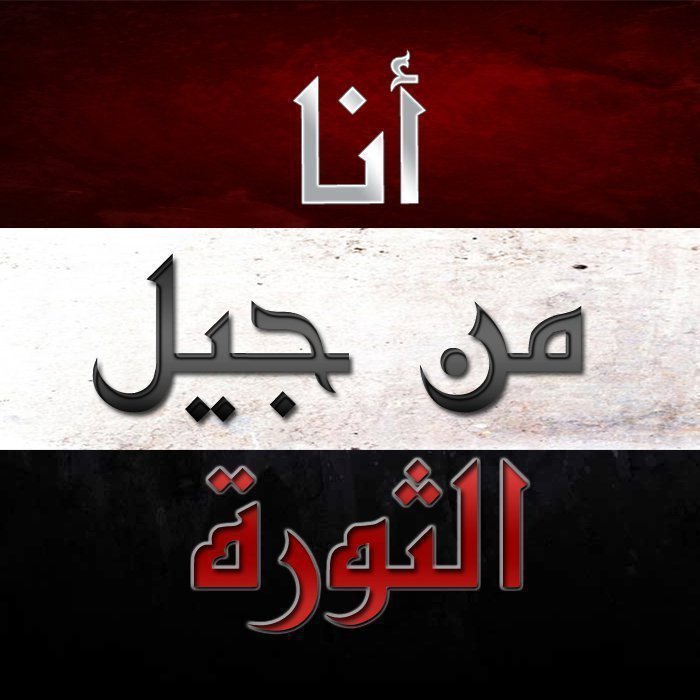حسام منصور Ýí 2006-08-06
- Quranic Terminology: Truth/True/Truly/Truthful: (5) The Overlapping between Truthfulness and the Truth
- Quranic Terminology: Truth/True/Truly/Truthful: (6) Between the Truth and Telling Lies in Religion
- Evaluating South Africa’s Truth and Reconciliation Commission
- Moses' Pharaoh Monopolized Might and the Claim of Possessing the Truth
- Moses Conveyed the Truth but Was Afraid When Facing the Savage, Brutal Pharaoh
- The Israelites and Moses in Post-Pharaoh Egypt, and Quaroon between the Might and the Truth
- Where is the TRUTH?
- They Do Not Hate the Truth, But They Are among Hell Dwellers!
One can argue that the Commission was not a judicial body, and hence it was not obliged to follow the due process. But, ethically speaking, since the Commission was not a judicial body, it should not have named names. The actual reason for naming names was the fact that the board knew those perpetrators will never stand trails because of the weakness and corruption of the Salvadorian Judicial system in that time. So it is justified for this reason to name names. One can argue that if we accept truth as an alternative of justice and if we are not going to punish or persecute the perpetrators, then they must not at least stay in power, which also explains why the Commission named names. As a result of naming the human rights violators, they either resigned or were taken out of the government.
The report explains many reasons for the violence. The lack of human rights guarantees in
The Commission divided the violence into four periods- The Institutionalization of violence (1980-1983), Violations with the context of armed conflict (1984-1987), the military conflict as obstacle to peace (1987-1989), and from the final offensive to the signing of the peace agreement (1989-1991). The report explains the historical factors and development of the conflicts. It shows a yearly report of the violence during the repression. The Violence was systematic from the beginning. The government killed any opposition it found, even the priests. In the Jesuits priests’ case, six Jesuit priests, a cook and her 16-year-old daughter were shot and killed at the Pastoral Centre of José Simeón Cañas Central American University (UCA) in
Abductions and disappearances were also another frequent form of violence during the civil war. One must distinguish that violence here is committed by both the Government and the FMLN, however the state was more violent. An example for the violence by the Guerilla is
This Truth Commission is considered unique in its relation with the United Nations. This was the first time in the international community that the United Nations was responsible for a truth comission. Today the Unite Nations continues to monitor
On the other hand, the Commission did not even suggest trails in it the recommendations section, although it was agreed-as mentioned before- that the parties should undertake to carry out the Commission's recommendations. The Board argued that recommending trails was useless because the judicial system was so weak and corrupt that it could not afford trails. One can argue here that the Commission should have recommended trails, no matter how unachievable it was. They would not have lost any thing by doing so, moreover; maybe this might have been used to have trails later in the future.
The attack on the Commission for not recommending trails elaborates and emphases and important fact, that the people are still not considering truth as a valid alternative of justice, which may undermine the whole idea of Truth Commissions. If truth was looked upon as an alternative of justice, then the human right organizations would have been satisfied by acknowledging what happened and naming names, but this was not the case. This means that Truth Commissions are still looked upon in the first place as a way to achieve justice, but if justice was unattainable, then acknowledging the truth should be enough. In other words, at least attempts to justice should be made before accepting the truth. The Commission mandate did not say that the Board should examine the possibility of trails. The recommendations accordingly ignored mentioning trails. So before attacking the El Salvador Truth Commission, I think that we should first accept truth as an alternative for justice because that is what truth commissions are all about.
Overall, El Salvador Truth Commission did a great job acknowledging the past abuses. I would consider it even very positive and active because of naming names, which is questionable on the moral and ethical level. I can not blame it for being just a truth commission and not recommending trails, although I wanted them to. Being appointed by the United Nations and having Non-Salvadorians on its’ board sent a message for all human rights violators: Human rights abusers will not be only punished by their own local government; the International Community has the authority to pursue any perpetrator.
دعوة للتبرع
التمسك بالكتاب: ما معنى :( خذوا ما اتينا كم بقوة ) فى سورة...
زوج ظالم : تزوجت ابن خالتى وانجب ته منه ثلاثة اولاد . ...
معجزة القرآن الكريم: الشيخ أحمد منصور .. لدي البعض مع الأسئ لة، ...
لا نفرّق بين رسله: جاءت هذه الرسا لة لأخى محمد دندن استاذ انا...
الاستمناء : قرأت لك الا العاد ة السري ة حرام تحريم مخفف ،...
more

